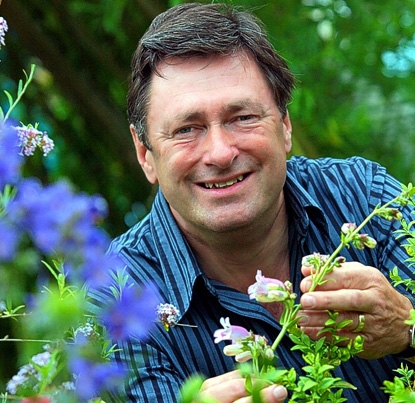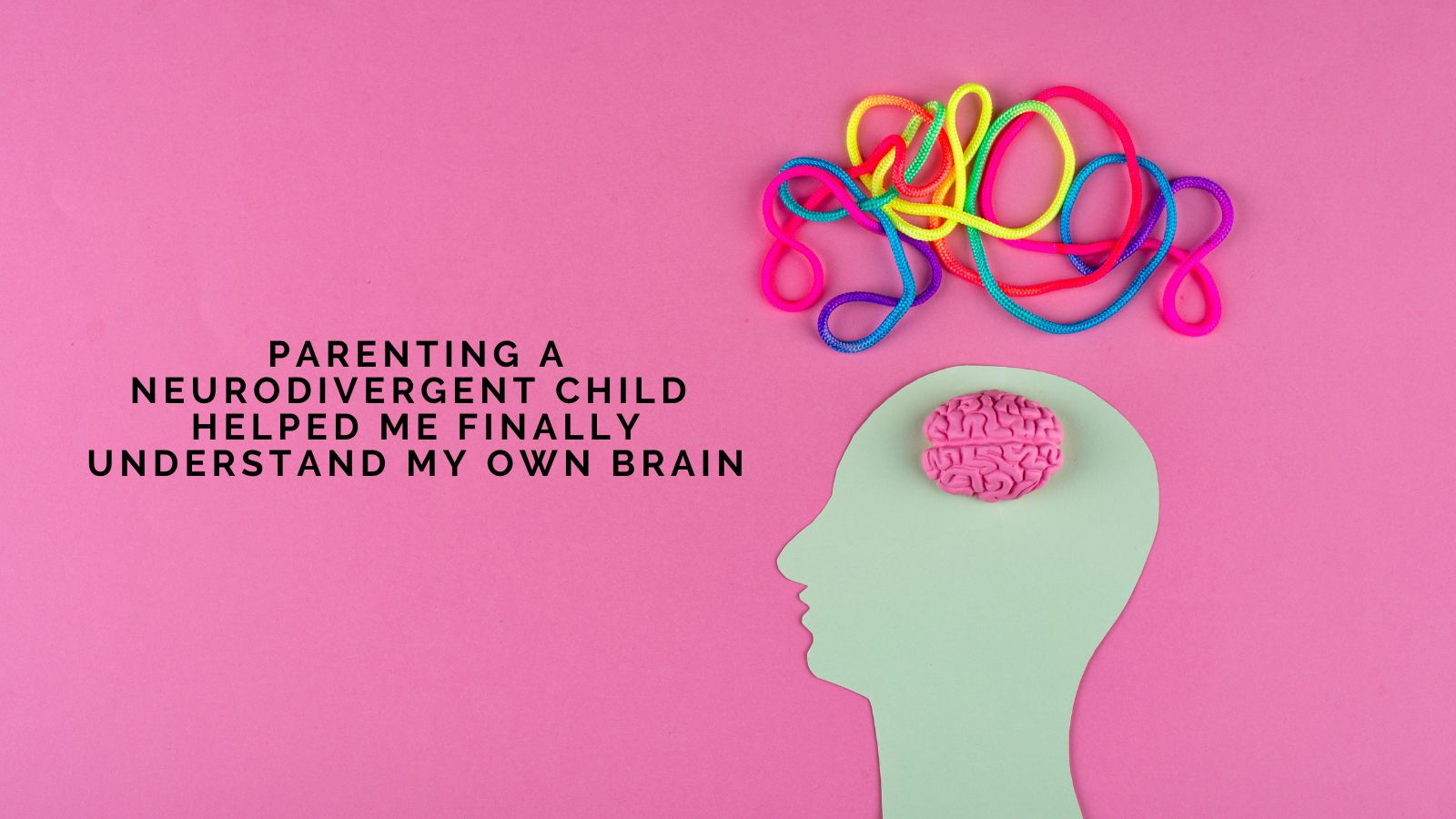
Timothy Gandy is retiring at the age of fifty-five; he has been with the same graphic design firm for over thirty years, helping to take it from a small concern to a much larger one. He could have stayed on, but only in a lesser capacity, and he would much rather go – with his leaving present of a coffee machine – and try his luck elsewhere.
He married Isobel, whom he met at university, over thirty years ago, and they had three children – two of whom bear no resemblance to Timothy in character, and whom he struggles to understand. The youngest, Rosie, is a ray of sunshine in his life. She’s in a relationship with Ace, a conservation officer, and is expecting a child.
The day after retirement, Timothy wanders along the local beach, assessing his life and pondering what he wishes he could do. When he bumps into Ace, and the conversation turns to the future, he reveals that he would love to travel – but Isobel is far too busy to take time off to go with him. “What about doing it on your own?” asks Ace. Timothy thinks of all the jobs Isobel has lined up for him now that he has time – not just for them but also for his son Oliver and his wife Vita – and he begins to realise just how much his life has been ordered for him over the years. Would Isobel even miss him if he went off somewhere on his own?
When he bids Isobel goodbye one morning as she heads off to her tennis club, he has no idea that it is the last time he will see her alive. During a match, she suffers a massive heart attack and dies instantly. Suddenly, Timothy is alone – and has complete control over his life choices.
While sorting through items Isobel had collected for charity, he finds a leather-bound book by Joseph Addison from the early 18th century, about the Grand Tour which was so popular at that time. An idea begins to form in his mind.
He tentatively tells his children. It is only when Oliver writes him a pompous letter, implying that the whole idea is ludicrous and that he should be conserving his money for his children and grandchildren, that Rosie leaps to her father’s defence – and Timothy’s idea begins to take shape.
He plans a flexible route through France and Italy, arranges for Rosie, Ace, and baby Elsie to move into his house while he’s away, and boards the Eurostar to Paris, armed with an old Baedeker guide. As he arrives in Paris, he slips his hand into his pocket and finds a piece of paper Rosie had placed there. On it is written: “Three grand essentials to happiness in this life are something to do, something to love, and something to hope for” – a quote from Joseph Addison himself. His sense of excitement and freedom is tinged with guilt after so many years of having his wishes subsumed by those of Isobel, but the charm of Paris envelops him, and so his Grand Tour begins.
As we travel with him, we meet the seductive Francine; the friendly young yacht salesman Archie and his wonderful aunt Rosamund; a very chatty Irish nun who seems to know more about the world than Timothy does; and two elderly ladies in Florence who are intent on adopting him while he’s there. As he sits having lunch on the banks of the Arno, he can’t believe his eyes when Alice, his elder daughter – whom he has never quite understood – appears.
In Paris, the lovely Francine had captured Timothy’s heart and asked to borrow €20,000 to pay off her rent arrears and keep her art gallery going. He gladly gave it to her. Since then, he has tried to contact her, but to no avail. When Timothy’s children are approached by his bank – unable to reach him personally – they grow concerned, especially about the missing €20,000. It is Alice who follows him to check that he is all right, and the short time they spend together brings them closer than they’ve ever been.
Timothy decides to skip Venice and return to Paris to find Francine. When he arrives at the gallery, it’s shut up. His next stop is the small hotel where he stayed on his first visit. Madame Lamont, the owner, informs him that Francine closed the gallery the moment he left and used the money he gave her to pay off her husband’s gambling debts – the very husband she had claimed to be separated from.
Timothy’s tour is cut shorter still when Rosie calls to say that little Elsie is in hospital with meningitis and Ace is away on business. He books a ticket home, and so his Grand Tour ends.
As well as the history and architecture in this book, I love Alan Titchmarsh’s gift for succinct phrasing – as in describing the dipsomaniac butler in Rosamund’s house. He brings the after-lunch drinks: “He said nothing, but having deposited the silver tray on the low table in front of them, he veered off, placing more reliance than previously on the frame of the French windows.”
I found myself rooting for Timothy, willing him to branch out after years of giving in to Isobel for the sake of peace, and wanting him to believe what his new friends were telling him – that he is a good, decent man with much to offer. Many of us have unfulfilled ambitions in life. Many of us never get the chance to fulfil them. But to live vicariously through characters such as Timothy is open to us all.
The ending may be slightly unexpected for you!
ABOUT THE BOOK
When Timothy Gandy’s wife dies suddenly, he finds himself at a bit of a loose end, unexpectedly freed from the constraints that have held him back over 40 years of marriage and employment in a job he finds profoundly tedious. To the horror of his offspring, who see their inheritance being frittered away, he decides to embark on a lifetime’s ambition; one which he has long kept to himself. He will set off on a Grand Tour, following in the footsteps of the aristocrats of the eighteenth century. Should he ever make it back home, his outlook – and his life – will be changed forever.
ABOUT THE AUTHOR

Originally trained at Hertfordshire College of Horticulture and Royal Botanic Gardens, Kew, Alan Titchmarsh is the author of over 40 books about gardening, including How to be a Gardener Book 1: Back to Basics, the fastest-selling of all time in the genre, and the bestselling The Kitchen Gardener: How to Grow Your Own Fruit and Veg. He writes for BBC Gardeners' World Magazine, and is gardening correspondent for the Daily Express and Sunday Express. He has presented Gardeners' World, the annual coverage of The Chelsea Flower Show and Nature of Britain, and has his own daily chatshow.
_(27).jpg)















